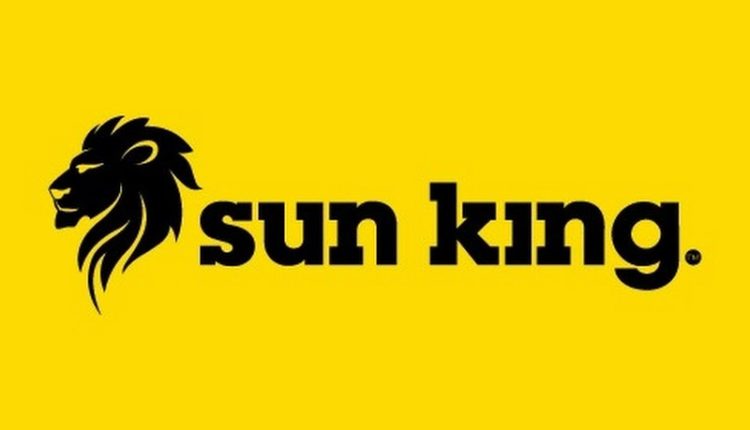BREAKING: World’s Biggest Off-grid Solar Firm Sun King Secures $80m Financing to Accelerate Nigeria’s Solar Electrification Efforts

In a major boost for Nigeria’s plan to raise electricity supply, Sun King, the world’s largest off-grid solar company, on Thursday announced that it had secured an $80 million financing facility from a World Bank-backed programme to boost electrification in the country.
In a statement, the company said it secured the loan, its largest local-currency facility for energy access in West Africa to date, from the International Finance Corporation (IFC) and Stanbic IBTC Bank.
In all, the fund is expected to help finance the provision of electricity to as many as 4 million households over the next four to five years, adding to the 2 million Sun King already has funded.
“This financing enables households and small businesses to adopt clean, reliable solar power without prohibitive upfront costs. By combining public and private capital, the facility allows Sun King to extend local currency loans through its pay-as-you-go model while mitigating foreign exchange risks.
“This approach enables customers to pay in small installments, which improves affordability and capital efficiency, particularly for low-income and rural consumers,” the statement noted.
Sun King, a leading off-grid solar provider, designs, distributes, and finances solar systems across over 40 countries. With a network of more than 29,500 agents across Africa, the company said it has sold over 27 million solar products.
Nigeria, where about 90 million people are estimated to have no access to electricity, has been a major focus of the World Bank’s electrification programmes. In December, the bank facilitated a $750 million loan to Nigeria for electrification using renewable power technologies.
It expects private investment of more than $1 billion to be attracted as a result and electricity access to be extended to 17.5 million people.
Demand for affordable solar solutions is growing rapidly in Nigeria, where nearly 40 per cent of the population lacks access to electricity. The facility will support Sun King’s expansion in the country, especially in hard-to-reach communities.
“Millions of Nigerians still live without reliable access to electricity, which limits opportunity and undermines resilience,” said the IFC Regional Director for Central Africa and Anglophone West Africa, Dahlia Khalifa.
“This investment enables scalable local-currency solutions that empower households and businesses with clean, affordable solar power. Beyond energy access, it supports rural employment, boosts productivity, and brings us closer to our shared goal of inclusive, sustainable development,” Khalifa added
The investment aligns with Nigeria’s Country Partnership Framework with the World Bank Group and contributes to Mission 300, a joint initiative with the African Development Bank (AfDB) launched in 2025 to expand electricity access across Africa.
“Off-grid solar provides the fastest and most scalable pathway to universal electrification across Africa. This investment exemplifies the kind of bold, all-hands-on-deck approach required to deliver reliable, affordable energy to millions at the pace Mission 300 calls for.
“With structured financing tailored to local needs, we can dismantle affordability barriers and scale up the proven impact of off-grid solar solutions. We commend IFC and Standard Bank for their leadership in advancing sustainable energy access,” Co-Founder, Sun King, Anish Thakkar said.
Chief Executive of Stanbic Bank IBTC Capital Ltd, Oladele Sotubo, commenting, described the initiative as ‘transformative’ for the country’s power sector.
“This collaboration underscores our commitment to fostering innovative solutions that address critical energy challenges in Nigeria while driving economic growth and improving the quality of life for underserved communities.
“By enabling households and small businesses to access solar power through flexible financing options, we are helping to build a more inclusive and sustainable future for Nigeria,” Sotubo noted.
